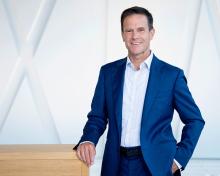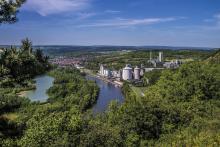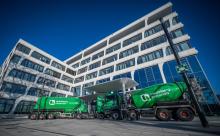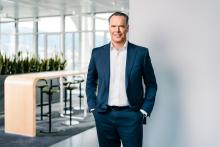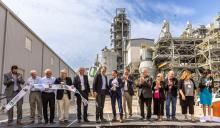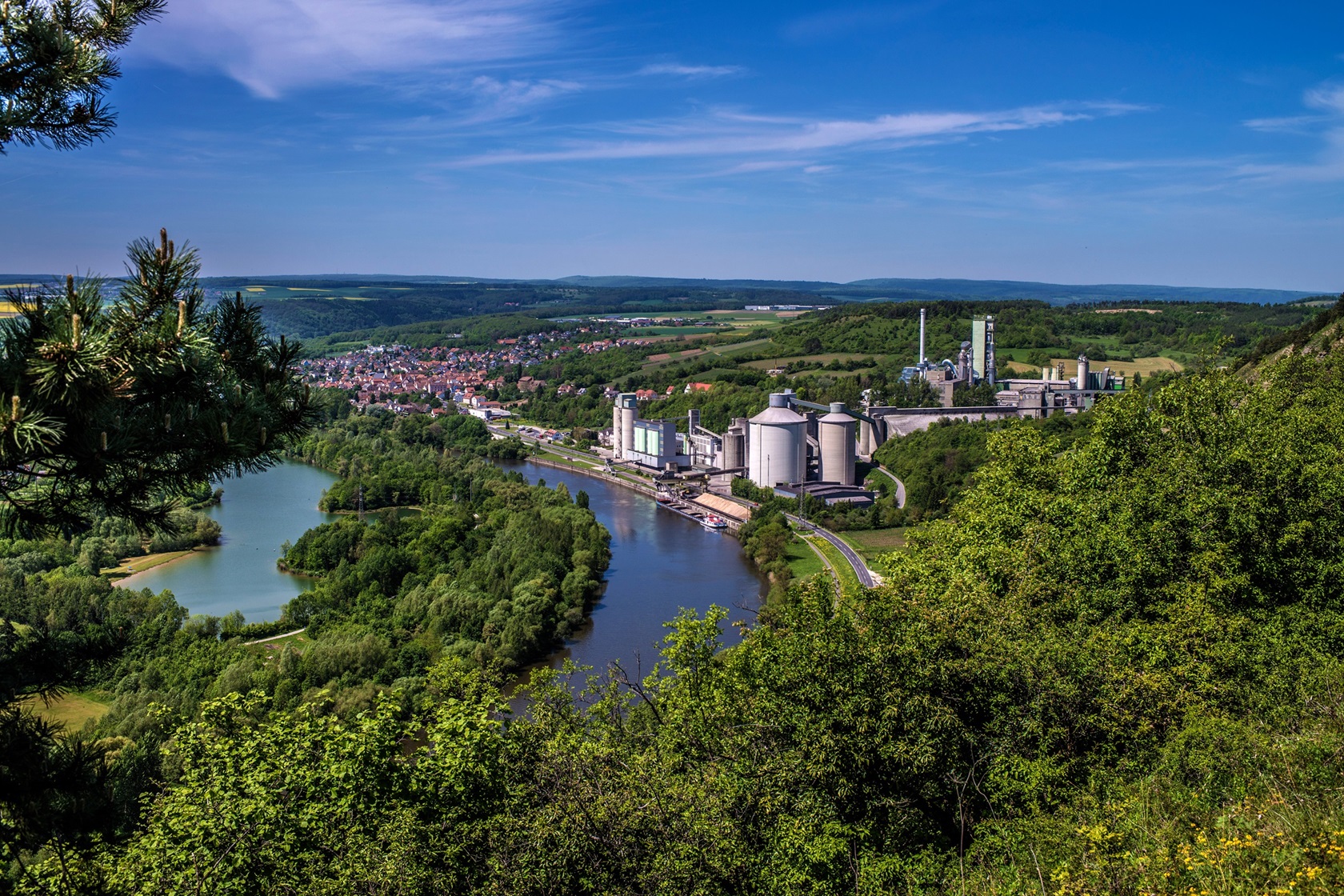
The German building materials heavyweight increased its results from current operations before depreciation and amortisation (RCOBD) by 3% to €1,451 million (Q3 2023: €1,393mn) while further improving its RCOBD margin by 39 points to 25.2% (Q3 2023: 24.8%). The result from current operations (RCO) grew by 3% to €1,124 million (Q3 2023: €1,080mn).
"Our persistently strong performance in North America combined with a continued focus on cost management across key markets helped offset volume headwinds and contributed to further increasing our operational result and improving our profitability," said Dr Dominik von Achten, Chairman of Heidelberg Materials' Managing Board. "Looking at the full year, we remain confident and upgrade our outlook for 2024 by lifting the lower end of the anticipated range for our result from current operations.

"We have also made significant progress on expanding our offering around low-carbon and circular products. We are on track with the mechanical completion of the sector's first industrial-scale CCS facility at our Brevik plant in Norway, paving the way to deliver the world's first carbon-captured net-zero cement and concrete next year."
With three important acquisitions in the third quarter, Heidelberg Materials enhanced its existing US footprints while also adding to its rapidly growing portfolio of circular solutions across North America. In August, the company acquired Highway Materials, one of the largest independent aggregates and asphalt producers in the Greater Philadelphia market. The acquisition of Carver Sand & Gravel, the largest aggregates producer in Albany, New York, followed also in August. In addition, Heidelberg Materials acquired Victory Rock, a producer of high-quality aggregates for concrete and asphalt as well as other related products.
To further strengthen the company's large footprint in Morocco, Heidelberg Materials' subsidiary Ciments du Maroc acquired controlling stakes in Asment de Temara, a cement and ready-mixed concrete producer, and Grabemaro, a supplier of aggregates. The investment creates substantial synergies through the usage of alternative fuels and accelerates decarbonisation in an attractive growth market.

